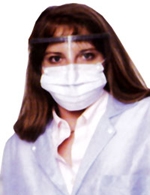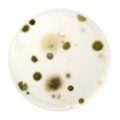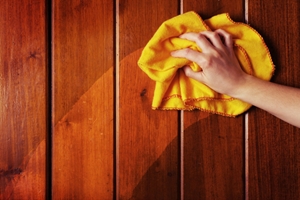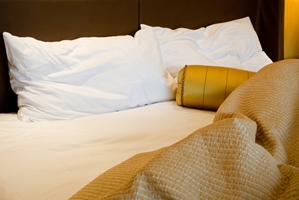
Do your allergies get worse in the winter? You might think it's just seasonal, but your allergies could also be caused by the presence of mold in your home. In the winter months, our houses tend to be sealed up tightly to prevent cold from leaking in or warmth from leaking out. However, this also means that your house is not being ventilated with fresh air, which could cause you to become especially susceptible to the mold spores in your home.
"Treatment of mold allergies is often very similar to what is prescribed to seasonal allergy sufferers," said Dr. Ann DeClue to Xeniagazette. "Response to treatment will often vary from person to person so it is important that patients work with their doctor until the right regime is found for them."
Here are some ways you can decrease your exposure to mold in the home:
- Change the water in your humidifier: If you use a humidifier in the winter, be sure to change out the water frequently to avoid mold contamination.
- Check your heating system: Make sure your heating system isn't contaminated. If it is, it could spread mold throughout your home.
- Get new installation: This will help because it will reduce the amount of condensation that forms on cold surfaces.
- Reduce humidity: Keep the humidity in your home below 40 percent to cut down on dust mites. A dehumidifier works well for this purpose.
- Watch for water damage: Keep your eyes open for leaks and flooding, so you can take care of it the instance anything should happen.
If you're experiencing sneezing, coughing, an itchy or runny nose and watery eyes, then you may have a mold allergy. Check your home for the hidden culprit and look to Allergy Be Gone to provide you with allergy control products that will help alleviate your symptoms.









